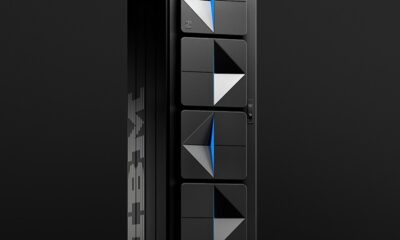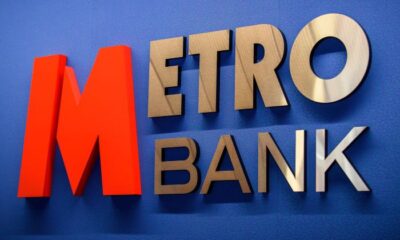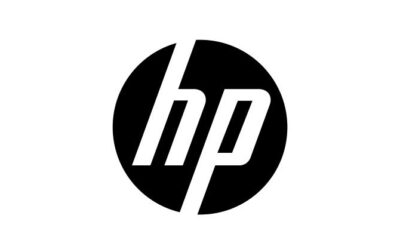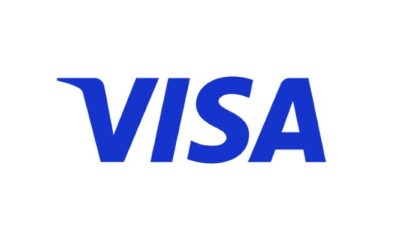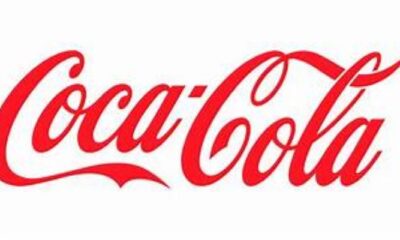Finance
Sustainable Aviation Buyers Alliance Announces Aviation Decarbonization First, with Collective Purchase of Sustainable Aviation Fuel Certificates
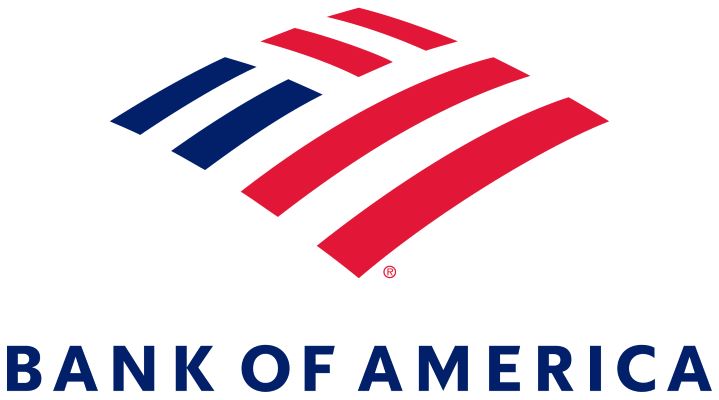
Through the Sustainable Aviation Buyers Alliance (SABA), major corporations will be purchasing sustainable aviation fuel (SAF) certificates for nearly 850,000 gallons of high-integrity SAF produced by World Energy and helping fuel JetBlue flights, reducing an estimated 8,500 tons of CO2 on a lifecycle basis.
For the first time, companies including Bank of America, Boom Supersonic, Boston Consulting Group, JPMorgan Chase & Co., Meta and clean energy nonprofit RMI are joining together through the Sustainable Aviation Buyers Alliance (SABA) to purchase sustainable aviation fuel (SAF) certificates at scale. This leap forward from previous individual SAF certificate purchases by corporations dramatically strengthens the demand signal aviation customers are sending to the SAF market.
SAF is a drop-in fuel made with renewable or waste feedstocks that can significantly reduce the carbon pollution from flight. Currently, SAF makes up less than 0.1% of global jet fuel supply and sells at a significant premium to fossil jet fuel.
The SAF involved in the SABA transaction is produced by World Energy and reduces lifecycle carbon emissions by 84% compared to conventional jet fuel. SABA members are purchasing SAF certificates linked to 850,000 gallons of this high-integrity SAF, which is being used to fuel JetBlue flights this year.
“SAF is the most meaningful way we have to decarbonize the aviation industry, but it will take many stakeholders working together to bring the supply and cost of SAF where we need to meet our net zero goals,” said Sara Bogdan, Director of Sustainability & ESG at JetBlue, “We’re incredibly proud of the SAF commitments we’ve already made as an organization, but the collaboration and investment by businesses like those within SABA are what will supercharge our transition to SAF by allowing us to increase our offtake while also supporting those businesses’ own sustainability goals.”
“World Energy is honored to be the fuel producer for SABA’s first aggregated SAF purchase. At this pivotal moment SABA plays an important role in addressing aircraft emissions by cultivating trust in SAF and making corporate actions to decarbonize aviation possible,” said Adam Klauber, VP Sustainability & ESG at World Energy.
The competitive procurement process that led to this purchase, open to major US and international air carriers, required proposals demonstrate that fuel met key sustainability criteria, in alignment with SABA’s goal of scaling the market for high-integrity SAF. ENGIE Impact, a global consultancy specializing in sustainability transformation, provided expert support in managing the process and the final selection of the winning bid.
Corporations purchasing SAF certificates pay some or all of the premium associated with SAF, pursuing decarbonization efforts that directly reduce emissions in the aviation sector. In addition, SAF certificates provide the nascent market with:
- Standardization and transparency for accounting and reporting certified GHG reductions
- Essential funding to increase purchases of SAF
- A demand signal for fuel producers to make more high-integrity SAF, which in turn influences SAF cost competitiveness with conventional jet fuel
SABA, whose membership comprises several of the most ubiquitous names in corporate travel, was formed by the Environmental Defense Fund (EDF) and RMI to accelerate the path to net zero aviation by building the system needed to credibly scale investment in and adoption of sustainable aviation fuel.
Following the successful completion of this first joint procurement, SABA is launching its second competitive procurement process where it seeks to procure SAF certificates across a five-year timeframe. This second process will be open to all airlines and fuel providers. SABA expects to increase its annual collective demand by more than 10 times compared to this first process.
SABA members will also be piloting a new registry to bring more transparency, consistency, and integrity to the emerging SAF certificate market. Building trust in the certificate system is crucial to convincing more companies to purchase SAF certificates.
The corporate and nonprofit leaders who participated in this historic first in aviation sustainability shared their thoughts on the work in question.
“Our support and purchase of SAF through SABA is one way in which we are working to meet our goal of utilizing SAF for at least 20% of the company’s annual employee aviation fuel usage by 2030, while spurring broader demand to make SAF more accessible and affordable,” said Alex Liftman, Global Environmental Executive at Bank of America. “We are proud to be a leader in the adoption of SAF and look forward to supporting further aviation advancements as part of the bank’s $1.5 trillion sustainable finance commitment.”
“As part of our commitment to achieving net-zero climate impact by 2030, we are supporting efforts to advance high-integrity sustainable aviation fuels and help to reduce aviation sector emissions. Our participation in this collective purchase agreement is another important step in that journey, contributing to the growing momentum across the market,” said David Webb, Chief Sustainability Officer of BCG.
“SABA’s SAFc registry and first round of SAF procurement enabled Boom to reduce our corporate travel emissions as part of our journey to net zero carbon by 2025. In addition to supporting our goals, SABA provides pivotal support to scale the SAF industry and decarbonize aviation,” said Ben Murphy, VP of Sustainability at Boom Supersonic.
“Achieving a sustainable, zero carbon future for aviation depends on the development and commercial deployment of fuels free from oil, gas, or ecosystem-damaging bio-feedstocks,” said Mark Brownstein, Senior Vice President, Energy Transition, at EDF. “SABA aims to play an important role in achieving this critical objective, and we’re glad to see this important first step in that direction.”
“ENGIE Impact has developed purchasing strategies and individual SAF RFPs for major companies and well-known brands, but we were honored to design and execute this first collective procurement process,” said Andre de Fontaine, director Sustainability Solutions, ENGIE Impact Americas. “Aggregating demand was a crucial step toward scaling of the SAF market and, ultimately, decarbonizing air travel. We look forward to continuing to collaborate with SABA and bringing this critical Scope 3 emissions abatement tactic to more of our clients as a way of accelerating their progress to Net Zero.”
“The advancement of innovative technology plays a central role in the transition to a lower-carbon economy,” says Brian DiMarino, Managing Director, Head of Operational Sustainability at JPMorgan Chase & Co. “JPMorgan Chase is pleased to be collaborating with SABA partners to further the development of the SAF market and support broader efforts for emissions reductions in the aviation sector.”
“SAF certificates enable corporate aviation customers like Meta to credibly and transparently contribute to decarbonizing the aviation sector. Buying SAF through SABA’s collective procurement process allows us to go one further and send a strong and coordinated demand signal to the market. Basically, if suppliers produce more high-integrity SAF, SABA members will be here to support its uptake,” said Devon Lake, Head of Net Zero Strategy at Meta.
“RMI is extremely proud to be part of this historic moment,” says Jon Creyts, CEO, RMI. “We began working on the concept of SAF certificates and market demand signals in 2019, and this procurement process is in many ways a culmination of that work. We are also putting our money where our mouth is by purchasing SAF certificates alongside SABA members to help address our own travel emissions from flying.”
About SABA
The Sustainable Aviation Buyers Alliance (SABA) is a joint initiative of RMI and the Environmental Defense Fund focused on accelerating the path to net-zero aviation by driving investment in, and adoption of, high-integrity sustainable aviation fuel (SAF) and supporting companies, airlines, and freight customers in achieving their climate goals.
Bank of America
Bank of America is one of the world’s leading financial institutions, serving individual consumers, small and middle-market businesses and large corporations with a full range of banking, investing, asset management and other financial and risk management products and services. The company provides unmatched convenience in the United States, serving approximately 67 million consumer and small business clients with approximately 3,900 retail financial centers, approximately 16,000 ATMs and award-winning digital banking with approximately 56 million verified digital users. Bank of America is a global leader in wealth management, corporate and investment banking and trading across a broad range of asset classes, serving corporations, governments, institutions and individuals around the world. Bank of America offers industry-leading support to approximately 3 million small business households through a suite of innovative, easy-to-use online products and services. The company serves clients through operations across the United States, its territories and approximately 35 countries. Bank of America Corporation stock (NYSE: BAC) is listed on the New York Stock Exchange.
Source – Bank of America
-
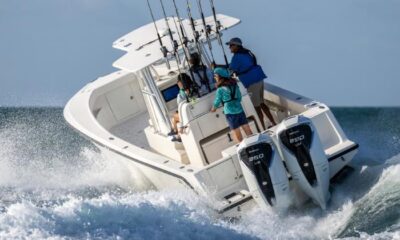
 Auto2 years ago
Auto2 years agoHonda Marine Debuts All-New BF350 Outboard Company’s First V8 Motor Available Commercially, Flagship Model Offers Premium Power and Unparalleled Performance for Extraordinary Boating Experiences
-

 Auto2 years ago
Auto2 years agoNew Features Further Increase Desirability Of Bentayga Range
-
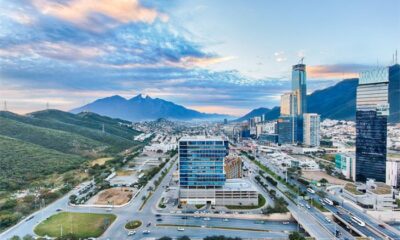
 Technology2 years ago
Technology2 years agoOracle Partners with TELMEX-Triara to Become the Only Hyperscaler with Two Cloud Regions in Mexico
-
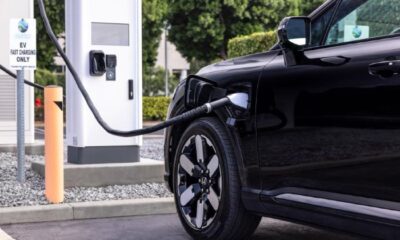
 Auto2 years ago
Auto2 years agoHonda and Acura Electric Vehicles Will Have Access to Largest EV Charging Networks in North America Aided by New Agreements with EVgo and Electrify America
-

 Lifestyle2 years ago
Lifestyle2 years ago2023 Nike World Basketball Festival Brings the Best of Basketball Style, Culture and Community

